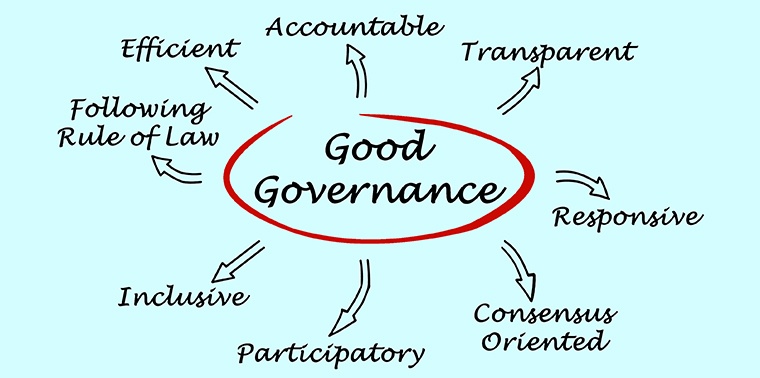What is the Meaning of Board Governance?

Jun 10
The definition of Board Governance is commonly misrepresented. People will either mistake the term to mean “executive committee” or will not be aware that there are different types of boards (i.e. for-profit and not-for-profit) and therefore different types of board governance.
You probably know the basics of a board’s organization. For instance, the President is the elected spokesperson and represents the board. However, you may not know the scope of responsibilities, or “governance”, associated with a board. Here is a basic outline of what exactly a board is and what it governs. We will focus on the non-profit sector only.
Why Do We Need Boards?
Boards are essentially the legal guardians of a corporate entity. In a non-profit organization, the board members are owners of the non-profit community. It is the board that organizes resources and takes action to fulfill the purpose of an organization.
Collective Responsibility
Board Members have a collective responsibility: individuals do not hold separate authority for anything, which protects both the members and the organization’s interests. Board governance limitations have been addressed under numerous legal amendments, including the 1996 Taxpayer Bill of Rights signed by U.S. President Clinton, which established penalties for board transactions that display a conflict of interests. While this amendment is specific to the United States, Board Governance limitations apply to organizations worldwide.
In order to maintain a high level of accountability, board decisions must be backed by coherent policies. The board’s scope of authority must be clearly defined for the members, and the board must decide upon a set of parameters to guide all board decisions. In this way, the board has a structure to approach unexpected issues and concerns without straying from the organization’s best interests.
Fiduciary Responsibility
It is common knowledge that boards are responsible for overseeing an organization’s financial resources, such as investments. However, many people do not realize that the board is also responsible for the proper use of all other resources, including labor. The board must ensure that managers, volunteers, employees, and all other personnel are functioning above and beyond the organization’s core mission. Many of the organization’s personnel get their livelihood from the organization and have personal interests that might not always be aligned with the organization. In order to manage this effectively, boards must remain informed and regularly updated on personnel management and morale.
Independent Directors
Most Board Directors of non-profit organizations are volunteers because individual profit can be seen as a conflict. Independent directors, including volunteers, are “outside directors” who do not have a financial stake in the organization beyond any sitting fees (which as discussed, may or may not apply). This often means that independent directors will sit on more than one organization’s board.
Thanks to an unexpected increase of governance laws, the role of an independent director has become more both more important and more difficult. One of the greatest challenges for an Independent Director is to remain fully updated about the activities of each board in which they serve, as they can be forgotten in the mix. They typically rely on the six to eight meetings per year for their information and contribution.
Management tools such as member activity updates, discussions, and notifications can help to alleviate this information gap and keep all directors up-to-date.
Evolution of Board Governance
In summary, Board Governance simply means the scope of a board’s responsibilities. The range of these responsibilities is different for for-profit and not-for-profit sectors and changes from organization to organization. At its core, it involves a group of Board Directors that shares joint responsibility in the financial and organizational well-being of an institution. As more legal limitations and ramifications develop, board governance will evolve, but the essential elements remain.
